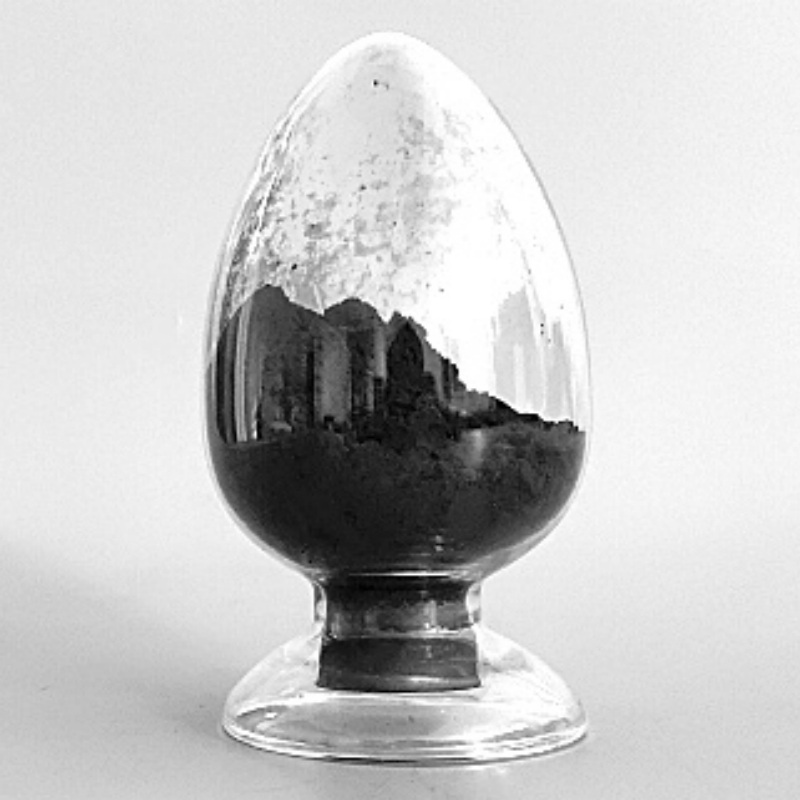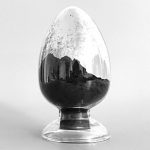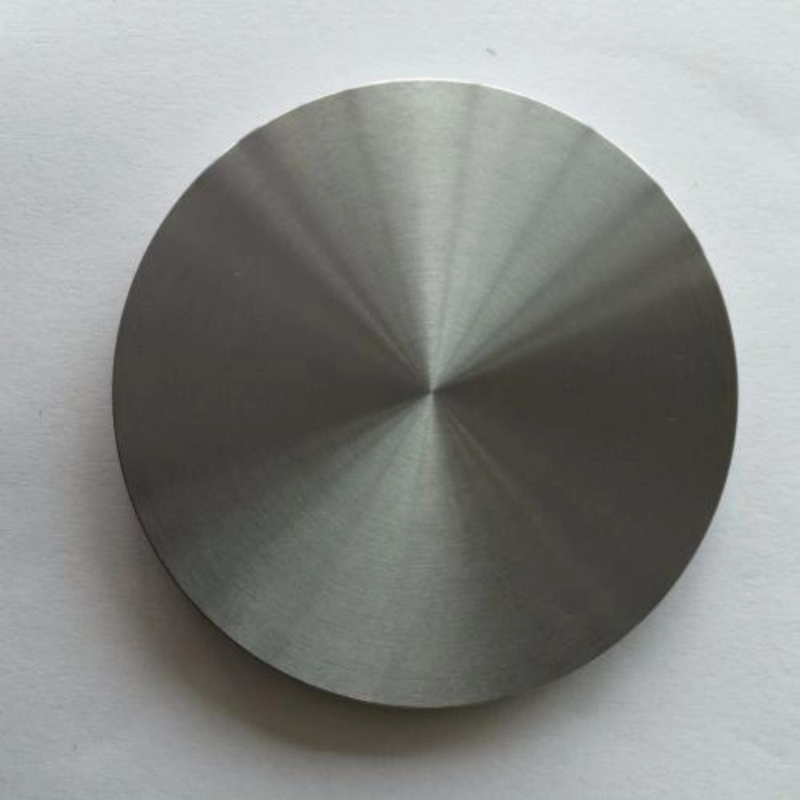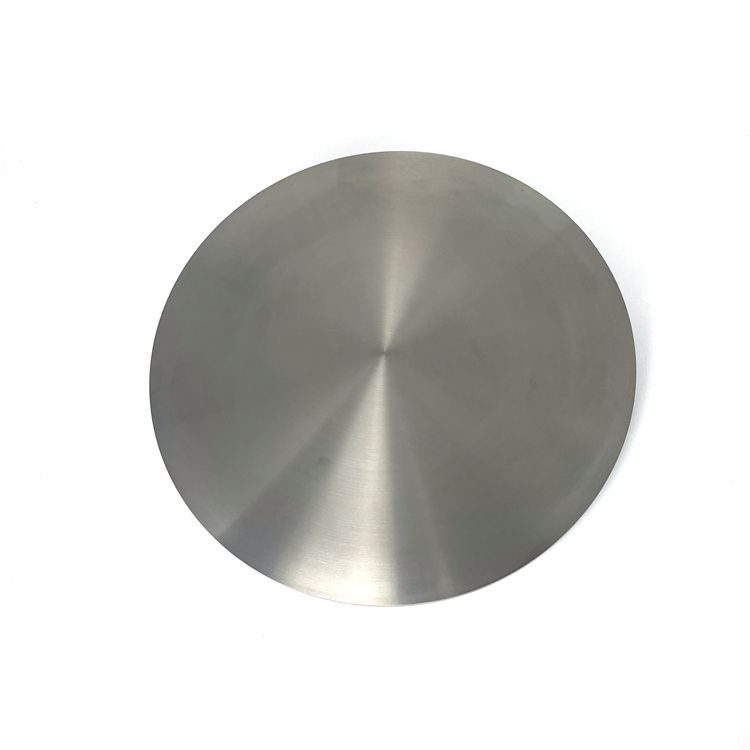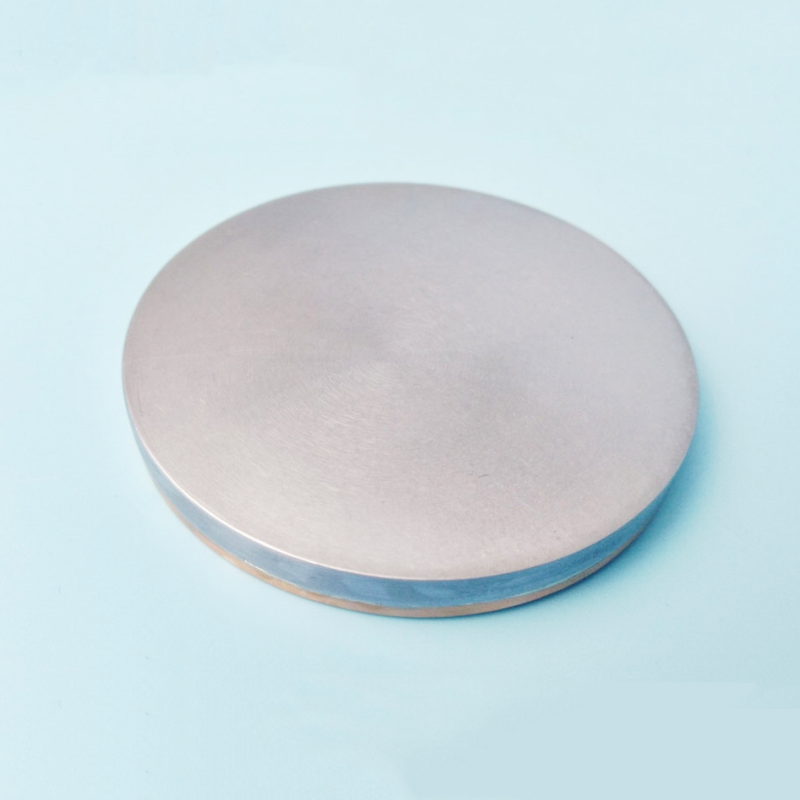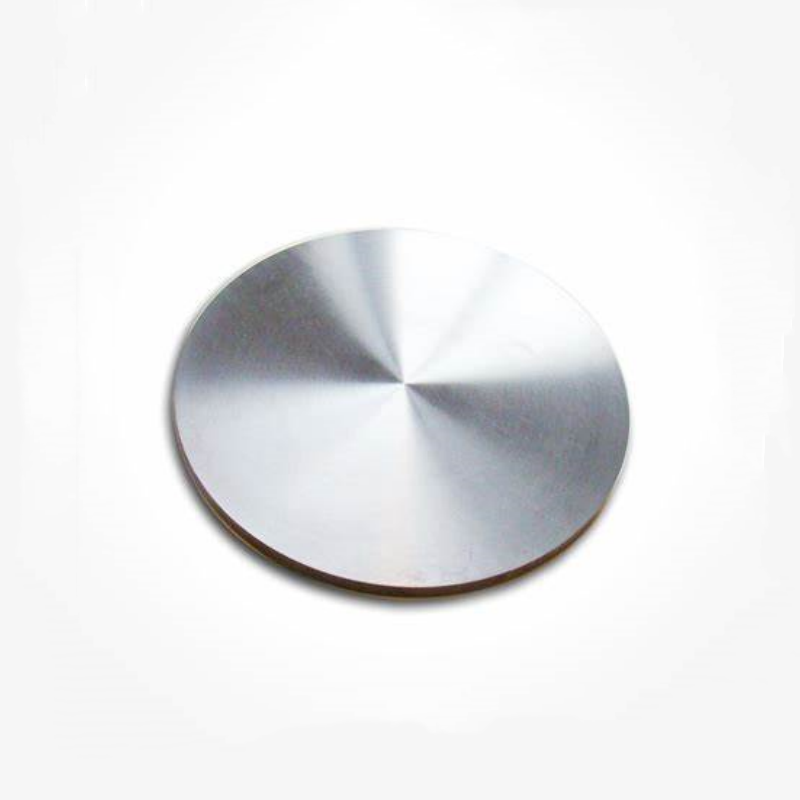Titanium Silicide (TiSi₂) is an advanced intermetallic compound composed of titanium and silicon. It is widely recognized for its high electrical conductivity, thermal stability, and oxidation resistance. This material is extensively used in semiconductor manufacturing, thin-film coatings, and high-temperature applications due to its excellent performance in extreme environments.
Product Overview
Titanium silicide (TiSi₂) is a compound with high chemical stability, widely used in the semiconductor industry. With a molecular weight of 104.04, it is often grown on polycrystalline silicon lines using hydration techniques to reduce the sheet resistance in localized transistor connections. Titanium silicide is essential during the C54 phase of the microelectronics industry. It is also used in producing fine ceramic powders and semiconductor thin film production crucibles.
Product Features
- High Chemical Stability: Titanium silicide is highly stable under high temperatures and in various chemical environments.
- Microelectronics Application: Reduces sheet resistance in localized transistor connections, making it crucial in the semiconductor industry.
- Versatile Applications: It can be widely applied in aerospace, ceramics, coatings, and other high-tech fields.
- Key Material for Semiconductor Industry: Plays an important role during the C54 phase in the microelectronics industry and is involved in various manufacturing processes.
Applications
- Semiconductor Industry: Used to reduce sheet resistance in localized transistor connections, especially in the C54 phase.
- Ceramics: Used in the production of fine ceramic powder materials.
- Aerospace: Widely used in high-temperature materials.
- Coatings: Used as a high-temperature coating material.
- Microelectronics: Used in semiconductor thin film production crucibles and plays a role in manufacturing precision electronic devices.
| Technical Parameters | Values |
| Brand | TiSi₂ |
| Chemical Composition (%) | Purity: 99.56%, Ti: 46.12%, Si: 53.2%, P: 0.02%, Fe: 0.19%, S: 0.018%, C: 0.2% |
| Particle Size | -200 mesh or on-demand processing |
 new material
new material

